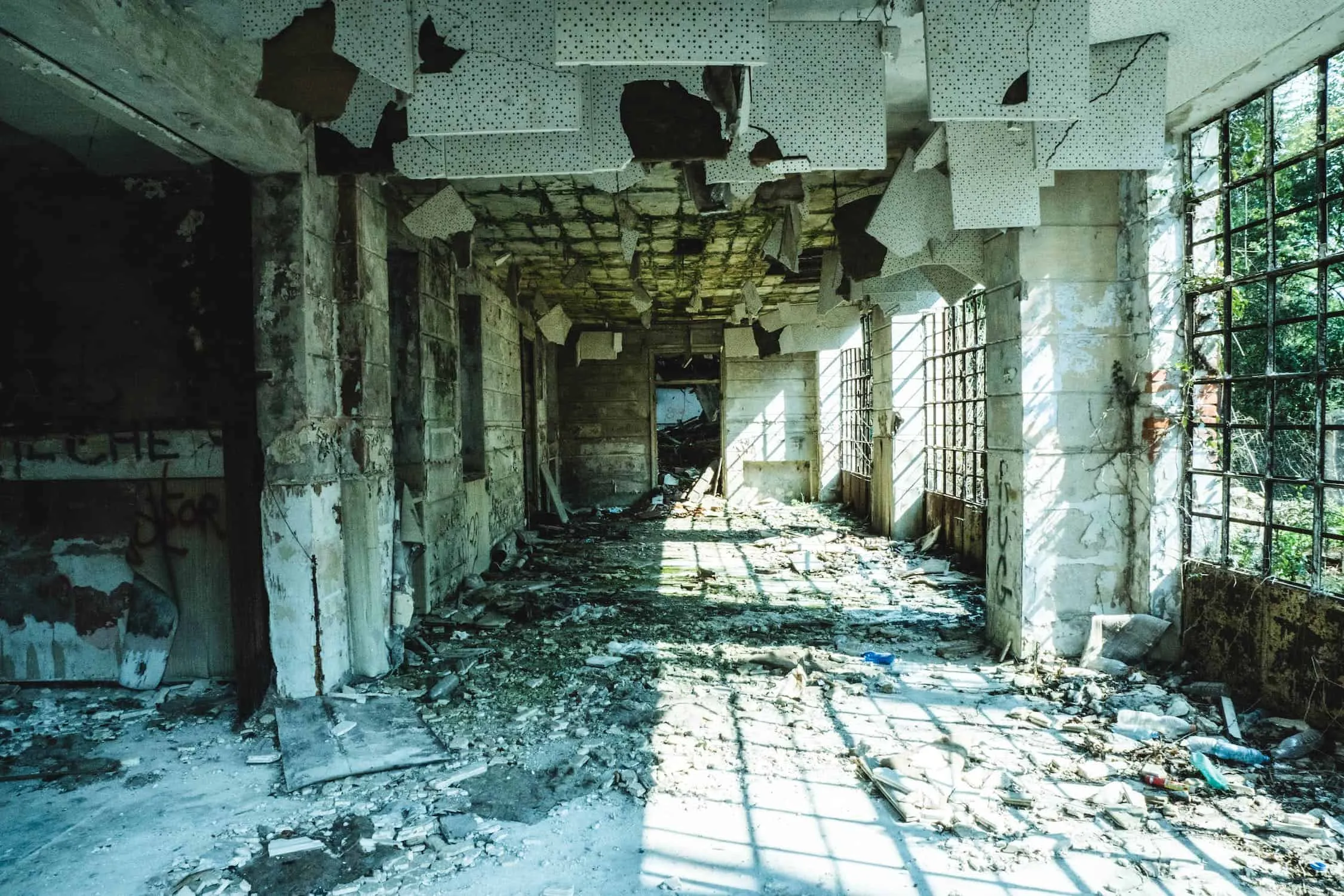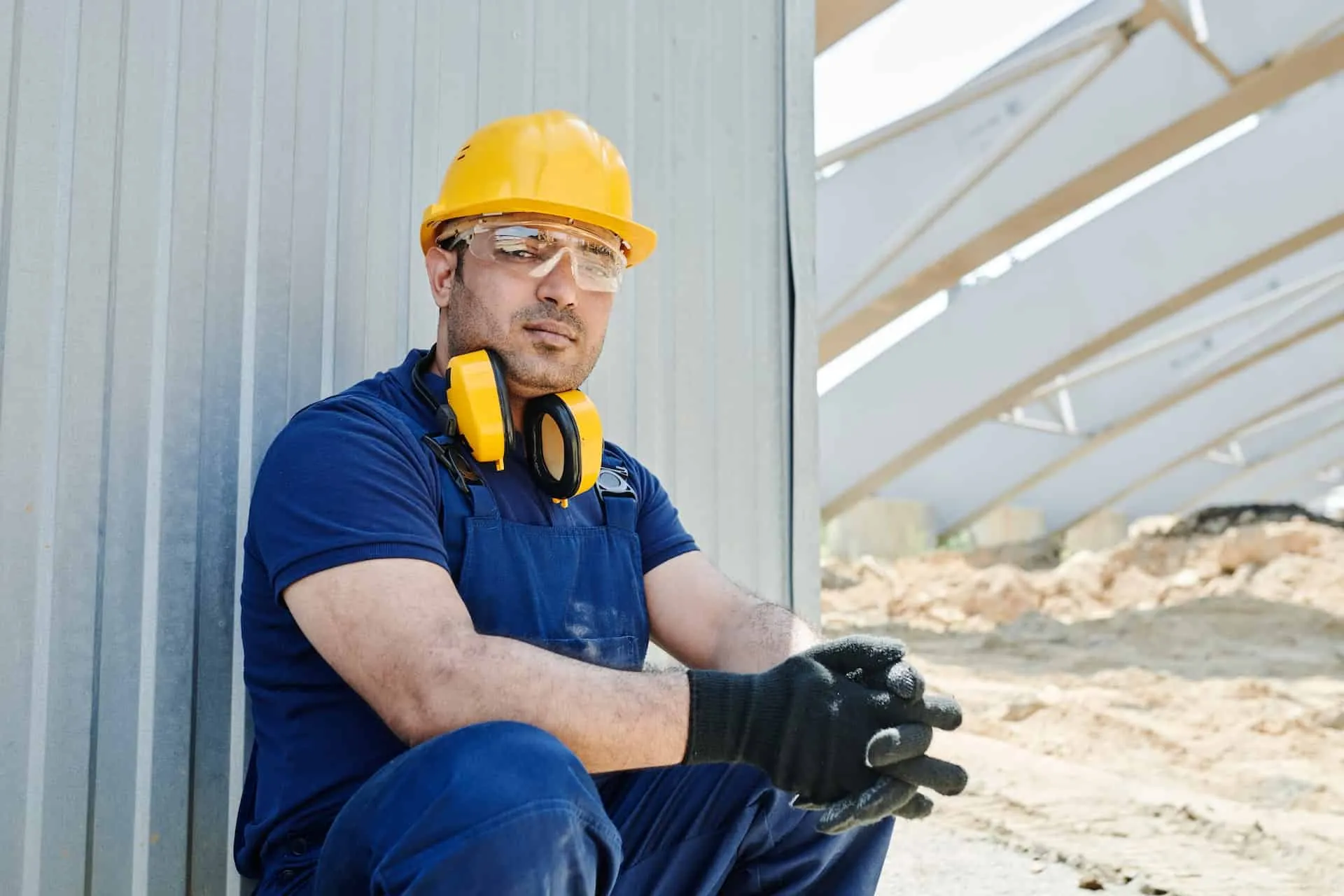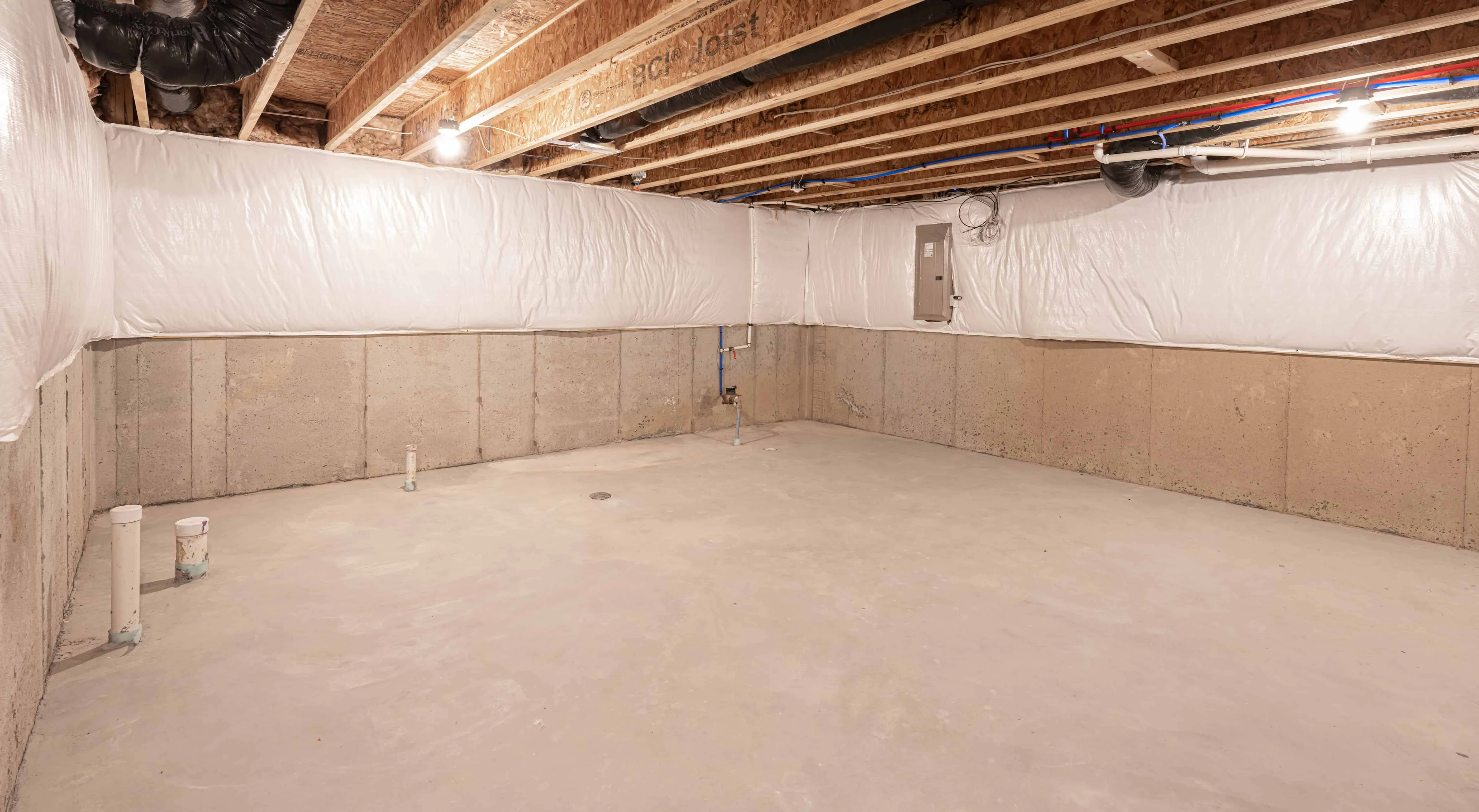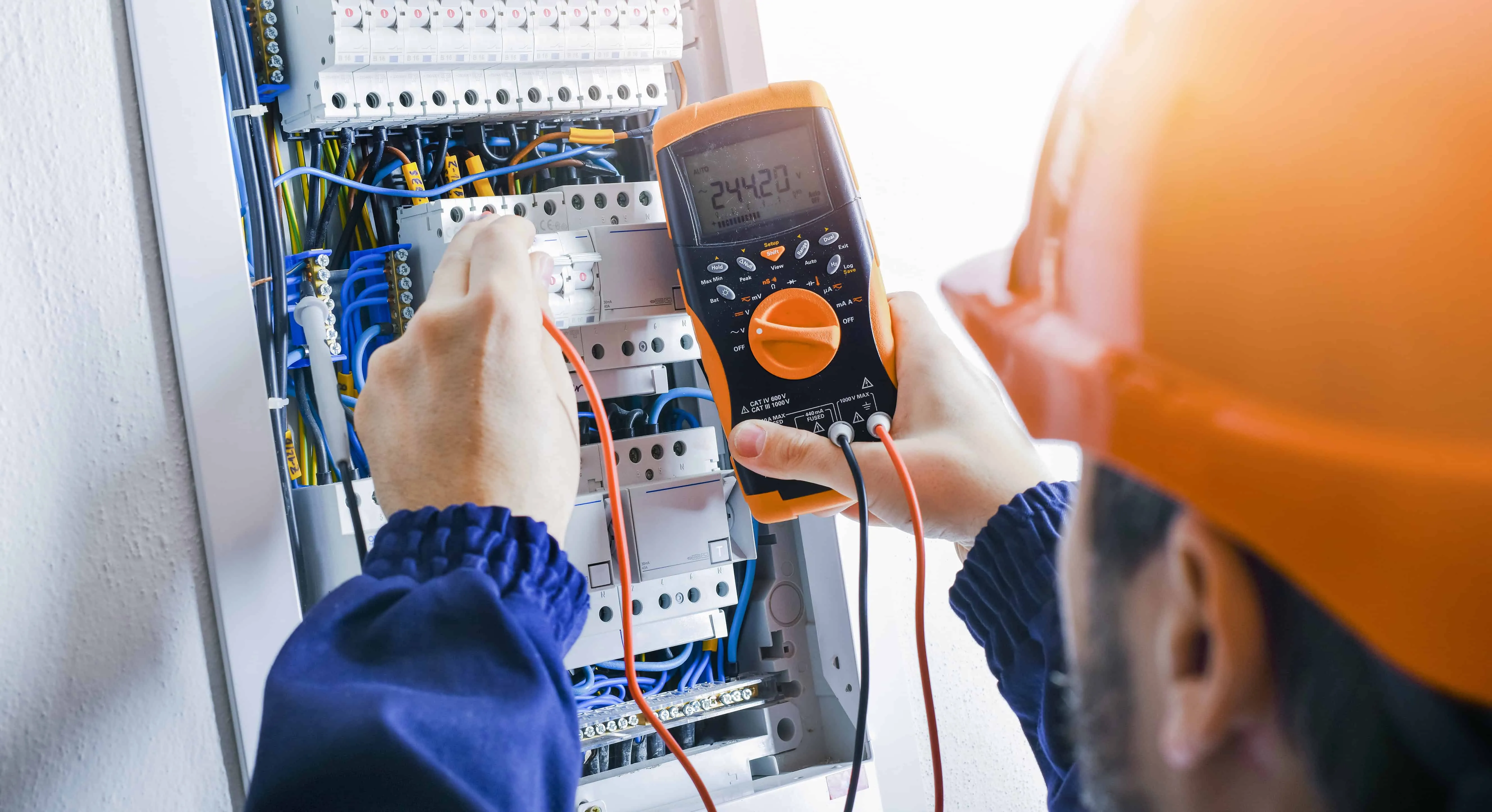6 Tips for Safe Waste Disposal After Cleaning
When conducting a cleaning, the process of getting rid of waste can take as long as the actual work of creating it. However, there is a correct way to manage your waste. To help you ensure that you are applying the most effective and smart approach to managing waste after cleaning, here is a list of essential tips for successful waste disposal.

Check Reuse Possibilities
Before throwing something away, consider whether it can be used again! Old clothes and furniture can be donated or reused. In contrast, old electronics and batteries can be taken to special electronic recycling centers or collection days organized by your municipality or charity. This action helps reduce dependence on primary materials and decreases the amount of unnecessary waste generated during cleaning.
Use Proper Disposal Containers
Make sure that when disposing of items, you use appropriate containers and bins for each type of household item (one container for paper products, another for glass containers). Having designated containers helps maintain order and allows you to quickly identify which items should not go into the trash. For example, hazardous substances such as chemicals or paints must be disposed of safely.
Work with Professionals for Hazardous Materials
When working with hazardous materials like paints or chemical cleaning products during cleaning, it's best to collaborate with professionals trained in safe handling of such waste before releasing them into the environment or sewer systems where they can contaminate water sources over time.
Look for companies offering projects such as homeless camp cleaning or construction cleanup to ensure appropriate safety protocols are in place when handling hazardous waste. Also, make sure they have licenses and insurance to protect against liability during cleaning.
Study Local Regulations
Different areas have varying rules regarding how specific types of waste should be processed and disposed of to avoid harming the environment or public health; it's important to familiarize yourself with local regulations before starting any large-scale cleaning project. This will help you comply with local police laws and environmental protection agencies. Non-compliance may lead to serious fines or criminal liability.
Recycle When Possible
Recycling is one of the most sustainable ways to dispose of waste after cleaning. Investing in several recycling bins and following local authority guidelines on what can or cannot be recycled will help you properly dispose of all items responsibly. Moreover, it's crucial that recyclable materials are clean and free from contamination to prevent pollution of the recycling stream. Today, unique items made from recycled materials can be found, so there's no reason not to reduce the volume of waste sent to landfills.
Invest in Suitable Equipment
Investing in proper waste cleanup equipment can be a key factor in implementing a safe and efficient strategy. Proper tools will allow you to complete the task quickly, easily, and without risk to your health. When purchasing equipment for waste disposal and management, pay attention to high quality and functionality that will make your work easier.
Following these tips for proper waste management after cleaning will help you responsibly and sustainably dispose of unwanted items while protecting yourself from potential legal consequences related to non-compliance with local regulations. Proper waste management after cleaning is crucial for being a responsible and sustainable citizen, preserving the planet for future generations.
Need a renovation specialist?
Find verified professionals for any repair or construction job. Post your request and get offers from local experts.
You may also like
More articles:
 6 Small Rooms That Redefine the Meaning of Babies
6 Small Rooms That Redefine the Meaning of Babies 6 Essential Rules to Expand Your Home
6 Essential Rules to Expand Your Home 6 beautiful ideas for a blue bedroom
6 beautiful ideas for a blue bedroom 6 Advantages of Hiring Professional Garage Contractors
6 Advantages of Hiring Professional Garage Contractors 6 Benefits of Professional Basement Waterproofing
6 Benefits of Professional Basement Waterproofing 6 Best Tips for Choosing an Electrician for a Luxury Home
6 Best Tips for Choosing an Electrician for a Luxury Home 6 Best Tips for Interior Design Using Posters
6 Best Tips for Interior Design Using Posters 6 Brilliant Ideas for Simple Home Renovation
6 Brilliant Ideas for Simple Home Renovation